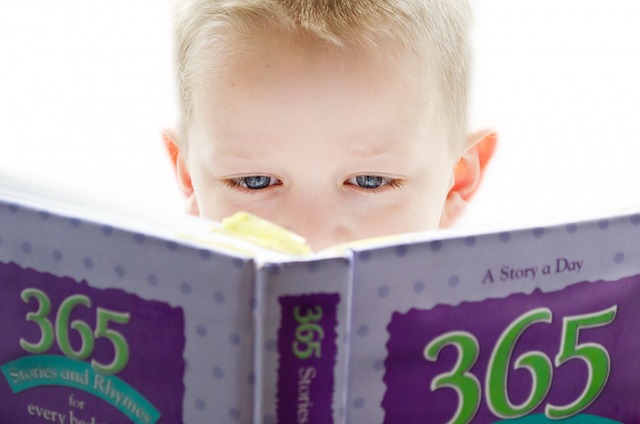Emotional intelligence books for infant and primary school children
Emotional intelligence books for children help to reinforce the emotional capacities of the youngest children. Through the books, they discover the importance of their own feelings, learn to identify them and manage them correctly.
Here are some of the best books on emotional intelligence for children.
What is emotional intelligence for children?
Emotional intelligence in children refers to their ability to understand, express and regulate their own emotions, as well as to understand and respond effectively to the emotions of others. This skill is fundamental to children’s social-emotional development and has a significant impact on their well-being.
Children with high emotional intelligence are able to recognise and express their own emotions appropriately, which enables them to handle stressful situations more effectively. They can also better understand the emotions of others, which helps them build healthy relationships.
Parents and the educational environment should foster children’s emotional intelligence in a number of ways, one of the most effective methods being through reading. Children can also learn emotional intelligence skills through role-playing, in which they respond based on their emotions and perceptions of others’ emotions.
Best emotional intelligence books for children
“The Coloured Monster” by Anna Llenas
This book tells the story of a monster who is confused by all the emotions he feels and feels overwhelmed. With the help of a friend, he learns to classify his emotions and understand how he feels in different situations.
“The Ugly Duckling” by Hans Christian Andersen
This classic tale teaches children not to judge others by their outward appearance. The ugly duckling feels lonely and different, but learns that he is majestic inside and out.
“The Lion and the Mouse” by Aesop
This story encourages empathy and gratitude. The lion, who is the king of the jungle, finds himself in a vulnerable situation and is saved by a little mouse. Grateful, the lion learns that even the smallest can be important.
“The Happy Prince” by Oscar Wilde
This story teaches the value of friendship and compassion. The Golden Prince befriends a swallow who stays by his side in difficult times. Together, they help those in need and discover true happiness.
“The Generous Tree” by Shel Silverstein
This book tells the story of a tree that loves a child and gives him everything he has. As the boy grows up, he demands more and more from the tree, eventually learning the importance of being grateful and generous.
“The Mouse Who Wanted to Touch a Star” by Gabriela Keselman
This story encourages perseverance and optimism. The mouse wants to touch a star, but everyone tells him it is impossible. Despite the obstacles, the mouse keeps trying and finally reaches his goal.
“The Little Owl Who Fell from the Nest” by Debi Gliori
This book teaches the importance of support and friendship. When a little owl falls out of his nest, his friends help him get back in. Together, they learn to work as a team and help each other.
“The Elephant in Chains” by Jorge Bucay
This story teaches the importance of overcoming self-imposed fears and limitations. The elephant is chained from a young age and grows up thinking he cannot break the chains, but learns that he has the power to break free and pursue his dreams.
“The Emotion Train” by Cristiane Namiuti
This book teaches children to recognise and express their emotions. The train of emotions takes the characters through different emotions, such as sadness and happiness, and shows them the importance of talking about their feelings.
“The penguin who wanted to fly” by Nando López
This story encourages self-acceptance and resilience. The penguin wants to fly like the birds, but realises that he will never be able to do so because of his physical limitations. However, with the help of his friends, he learns to accept himself and find other ways to be happy and fulfil his dreams.
Emotional values at Laude San Pedro International College
At our school we are based on a set of values which we apply on a daily basis. One of our commitments is to treat all our students with affection and respect, caring for each other, accepting our similarities and differences, promoting the well-being of others. It is on this principle that we base the emotional teaching of the first academic years.
It is very important that infant and primary school pupils receive a complete emotional education, which will allow them to develop in an affective way. Our teaching programmes give crucial importance to this part of learning, promoting the emotional development of each of our pupils.









